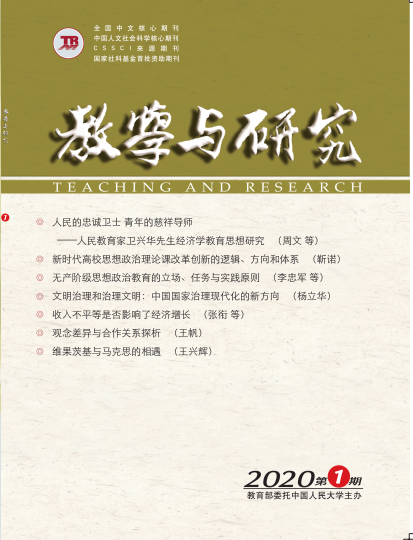Speeding up the promotion of civilized governance and governance civilization is an inevitable requirement to achieve the unity of national governance means and objectives and to promote the modernization of national governance. Corresponding to the five connotations of governance civilization (cultural civilization, value civilization, system civilization, behavior civilization, and artifact civilization), civilized governance must take governance civilization as the goal, value civilization as the guide, system civilization as the core, behavior civilization as the basis, and artifact civilization as the carrier. The basic characteristics of governance civilization and civilized governance can be unified in a series of social core values represented by socialist core values, which is the concrete embodiment and real implementation of the social core values. In order to realize civilized governance, we must realize the civilized governance of the all connotations (from cultural civilization to artifact civilization), the all fields (from economy to foreign affairs), the all levels (from individual to global), the all subjects (from country to individual), and the all generations (from this generation to all future generations), that is, the five all civilized governance. Meanwhile, in order to achieve civilized governance, we must also achieve the organic combination of material governance and cultural governance, institutional governance and value governance, behavioral governance and spiritual governance, general governance and artifact governance, hard governance and soft governance, legal governance and democratic governance, scientific and technological governance and humane governance, formal governance and informal governance, large governance and small governance, and vision and realm governance and exquisite governance. Only in this way can China's national governance finally form a modern civilization of national governance, and finally achieve the grand goal of modernization of national governance system and governance capacity.



